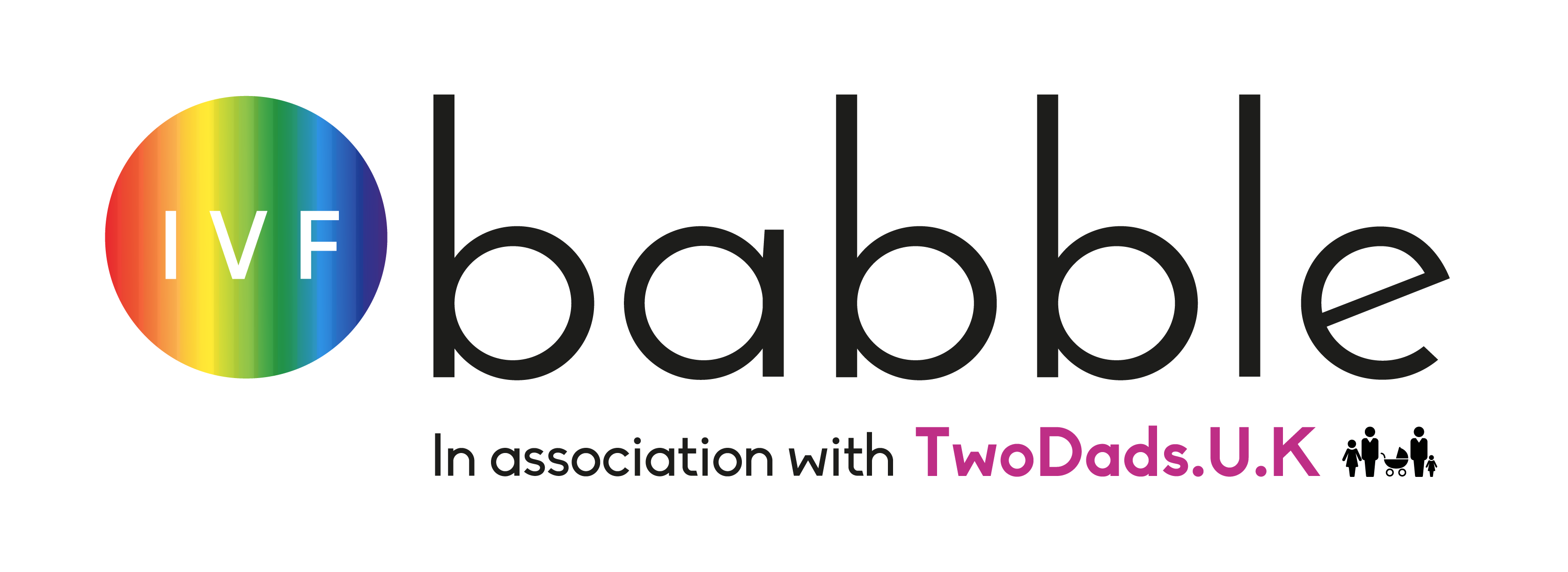By Pradeepa Narayanaswamy, fertility coach
Do you know infertility will be a whopping £20 billion industry by 2020? And most of the time it targets women; ranging from medical treatments to yoga, nutrition, weight loss, acupuncture, massages, tea, supplements, consulting, counseling and coaching
I used to be a consumer for many of these services during my long and painful 12 year journey with infertility.
It’s great that we have so many options to provide for those going through fertility struggles, yet it’s mostly targeted towards women. So, what about men? The data is very telling.
In some of my survey questions at fertility conferences, I have people guess the percentage of male versus female infertility factors, almost 80 per cent of those answered guessed a higher percentage (between 50 to 75 per cent) with female factor compared to male factor.
According to American Society of Reproductive Medicine(ASRM), infertility affects men and women equally. Approximately one-third of infertility is attributed to the female partner, one-third attributed to the male partner and one-third is caused by a combination of problems in both partners or is unexplained.
Yet, as a society we don’t talk enough about or how to support men through infertility
Even if there are family members who knew about a couple’s infertility journey, they typically ask the women on how they are doing or ask the male partner on how the women partner is doing. I interviewed many men going through infertility journey and almost 90 per cent of them said no one has asked them personally on how they are doing. I am my own victim to this behaviour as I don’t recollect asking my husband on how he is doing.
There are two aspects when it comes to men going through infertility journey: supporting their partner through infertility and managing their own challenges with an infertility journey(either going through male factor, combination or unexplained)
We typically associate women as the more emotional partner in the infertility journey. My personal experiences and having conversations with many men going through infertility taught me otherwise. Men are also feeling emotional. Often, without having the right avenue to express them, it’s been “swept under the rug” or pretended to be non-existent. Some of the men I interviewed or coached mentioned, acknowledging and expressing “touchy-feely” emotions are considered “weakness” and it often contradicts with their masculinity.
One of my clients, MJ, said to me about his experience: “There was no time for me to express or explore my emotions, I mostly ate or drank my emotions. My wife was having a terrible time and I always had to be there to support her. It’s been so long since we started the journey and I still haven’t opened that Pandora’s box.”
This quote always stayed in my heart. This is one example on how many men who tend to ignore to acknowledge and process their own emotions.
Judy and John have been married for nine years and have had multiple failures with IUI and IVF treatments. On the recent Father’s Day, they were driving to their parents place and Judy asked John how he is doing. To her absolute shock, Judy witnessed John breakout and cry in the car, something she has never seen in their life together.
This is really telling on how we don’t talk enough about or have healthy avenues for men to express, acknowledge, process and take care of their emotional health.
So how do we support men? Here are some tips for men to take control and ownership of your fertility journey.
Be intentional about your role in this journey even if you are playing a supporting role. One of my client, who is also an executive, called himself the chief relaxation officer and chief movie planning officer, as part of supporting his wife.
Make sure to get support from your close family member or friends. Find male friendly support groups
One of my interviewee said golfing with his close friend gave him an opportunity to do something outdoors and in between find opportunities to talk about his journey.
One of my client calls walking in nature as his resetting and relaxing technique.
Talk to a medical professional to get tips to improve and enhance your fertility.
Work with a coach who can offer you a safe space to explore your emotions and your journey and can help you with finding ways to move forward with clarity.
If you are a woman, check in often with your male partner to see how they are doing. Offer to do something with them. Go for a quiet walk or sit in the park. Ask them if they are open to talking with you.
If you are a family member or a close friend supporting, start by asking him how he is doing.
Here are some things to avoid as part of your coping with infertility journey
Getting drunk, doing drugs or smoking or unhealthy eating
Doing unsafe things to let off ‘steam’
Sleeping around to prove manliness. I heard about this from a friend
Men tend to be fixers. Don’t try to fix infertility. Truth is, you cannot
Having a lifestyle that is causing extreme stress and being very intense
Avoid tight underwear(tip from a fertility specialist)
My final words to all the men out there: Don’t struggle in silence or sweep your emotions and pains under the rug. You have a choice. Own your journey.








